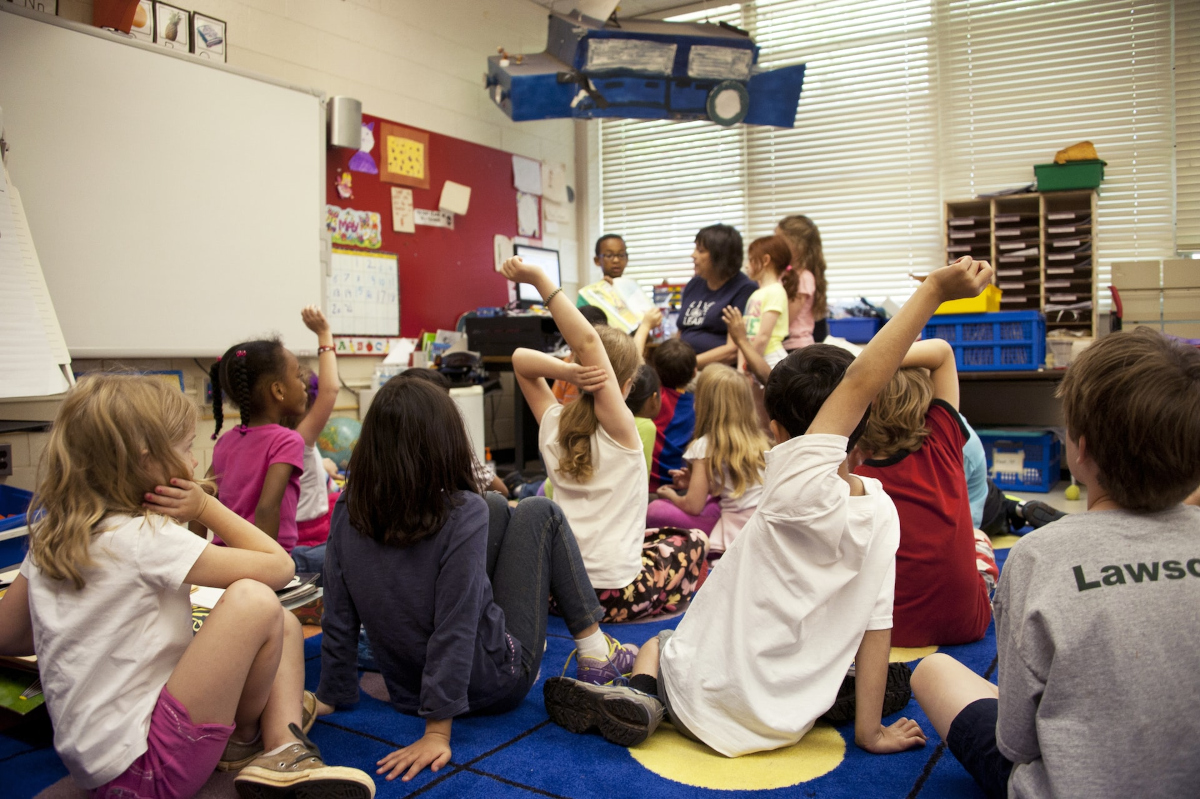**Previously recorded by Phyllis Schlafly // March 2012 **
For years, even for decades, the prevailing wisdom in education was that high self-esteem would lead to high achievement. That theory led to encouraging kids to make daily affirmations of their own importance, praising them for acts of no particular consequence, and giving them awards and certificates. The schools even had lessons to promote self-esteem. But, funny thing, this didn’t produce any academic gains.
Now, an increasing number of educators are realizing that all that self esteem stuff was a dumb idea. A growing body of research now shows that unearned praise does not help students. Instead it interferes with significant learning opportunities and reduces students’ ambition to learn and try harder. Teachers are now starting to give students new buzzwords such as persistence that encourage the kids to put forth sweat and effort rather than comforting themselves with warm, fuzzy feelings. Some schools have abandoned putting students in a category labeled “gifted.” One teacher said, “We’ve become so obsessed with making kids feel good about themselves that we’ve lost sight of building the skills they need to actually be good at anything.” They need to be taught to learn from failure. A Stanford University psychology professor says that giving students empty praise such as saying “you’re so clever” just backfires. Children who are told they are smart are more likely to avoid hard assignments that might tarnish their reputation for being smart. Children who are instead praised for trying hard tend to enjoy challenges and achieve more success and perform better in the long run.
Funny thing, I didn’t read any articles that related the self-esteem fad to grade inflation. Part of the problem may be giving As and Bs to every kid instead of giving them the grades they deserve.






